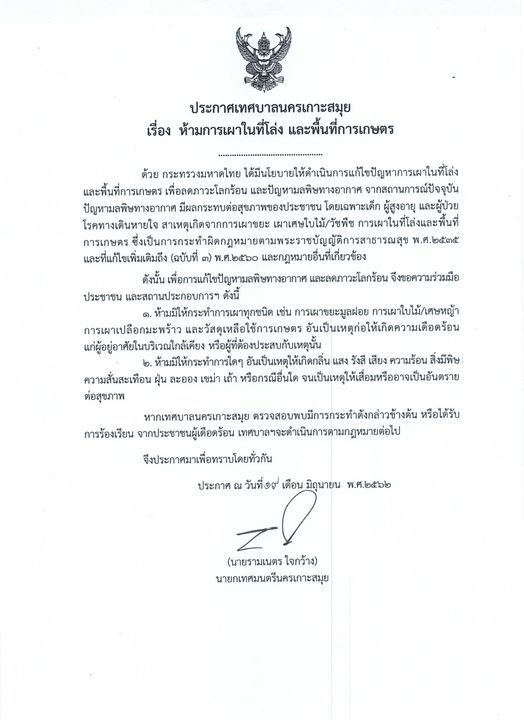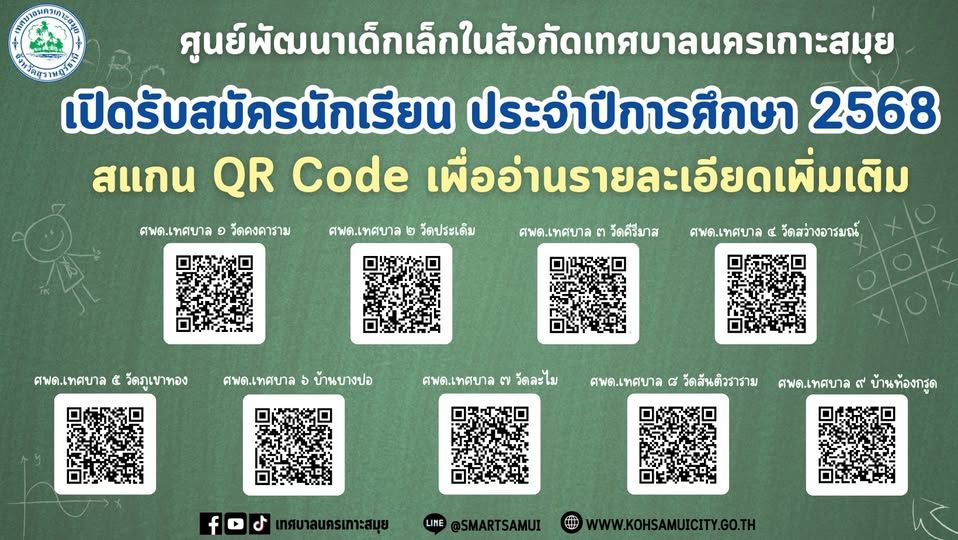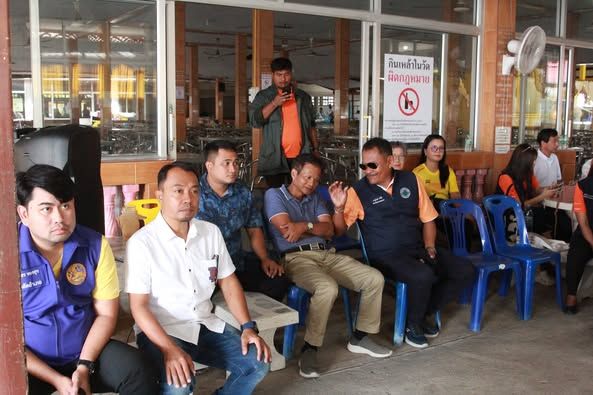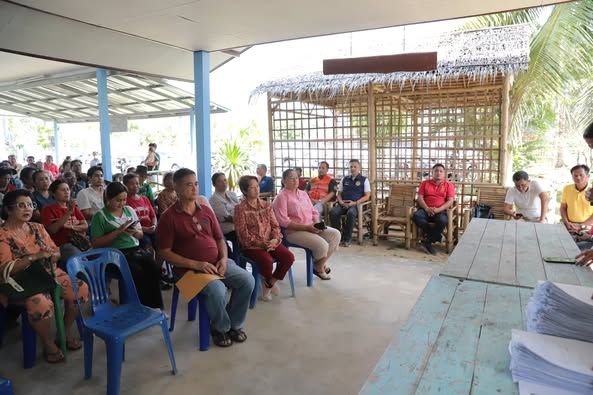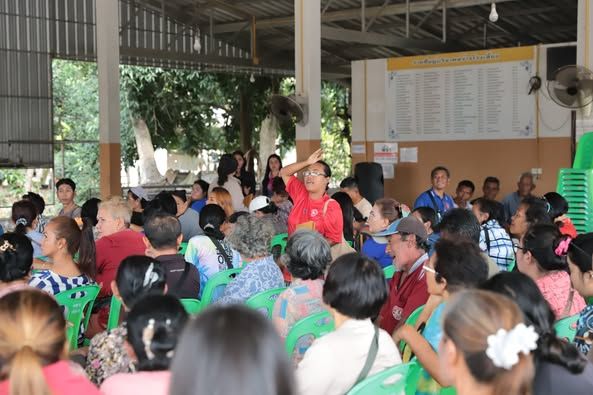Help protect Koh Samui’s beauty by following the ban on open burning and keeping our paradise clean for all to enjoy! Let’s preserve the future of this tropical gem together. #KohSamui #EnvironmentallyFriendly #NoOpenBurning 🌴🌞🚫
Koh Samui, a tropical paradise known for its pristine beaches and lush landscapes, has taken a significant step towards preserving its environment and protecting the health of its citizens and visitors. The local city municipality has issued an announcement asserting the prohibition of open burning activities throughout the area.
Understanding the Public Health Act
The regulation is grounded in Thailand’s Public Health Act, initially established in B.E. 2535 (1992), and subsequently amended through to B.E. 2560 (2017). This legal framework sets the boundaries for maintaining public health standards and clearly outlines the responsibilities and restrictions concerning environmental care.
The Scope of the Ban
Under the explicit guidelines of the Act, the following activities are strictly banned:
- Burning Waste: This includes any refuse that can accumulate in residential or commercial areas, such as paper, plastic, and organic waste.
- Agricultural Residue: Leftovers from agricultural processes, such as coconut husks, rice straw, and other biomaterials, must not be burned.
- Garden Litter: Leaves, grass clippings, and similar green waste are also covered by the ban.
These measures are not mere suggestions; they are enforceable rules designed to prevent the negative impact of smoke and pollutants on the quality of air and, by extension, on public health.
The Environmental and Health Implications
When open burning occurs, it releases a mixture of harmful substances, including fine dust particles known as PM2.5. These particles can penetrate deep into the respiratory system, causing a range of health issues, from minor irritations to serious conditions such as asthma, heart disease, and lung cancer.
Legal Ramifications of Non-Compliance
In a gesture of both authority and care, the municipality has made it clear that non-compliance will not be tolerated. Offenders can expect to face the full force of the law, which may include fines, community service, or other legal penalties.
Monitoring and Enforcement
Koh Samui City Municipality is on the lookout for violations of the burning ban. They have put systems in place to monitor for these activities, and they also encourage citizens to report any incidents of open burning. The municipality is prepared to act on such reports and uphold the law to maintain the island’s air quality and natural beauty.
Preserving Koh Samui’s Natural Charm
It is the collective responsibility of all residents and visitors to ensure that the natural charm of Koh Samui remains unspoiled for future generations. By adhering to these regulations, everyone plays a part in safeguarding the environment while also enjoying the island’s serene atmosphere.
The announcement serves as a reminder of the importance of environmental stewardship and community cooperation in maintaining Koh Samui’s status as a top destination for tourists and a cherished home for locals.
Frequently Asked Questions
What are the key activities banned under Koh Samui’s open burning prohibition?
The ban on open burning in Koh Samui, as outlined in Thailand’s Public Health Act, strictly prohibits the following activities:
– Burning Waste: Including common refuse such as paper, plastic, and organic waste.
– Agricultural Residue: Such as coconut husks and rice straw.
– Garden Litter: Including leaves and grass clippings.
These rules are in place to protect the island’s air quality and public health.
What are the potential health risks associated with open burning on Koh Samui?
The act of open burning releases harmful substances, notably PM2.5 fine dust particles, which can deeply penetrate the respiratory system. Exposure to these pollutants can cause:
– Minor irritations to the eyes and throat.
– Serious health conditions, including asthma, heart disease, and lung cancer.
Avoiding open burning helps to mitigate these health risks for everyone on the island.
How is the ban on open burning enforced in Koh Samui, and what are the consequences of non-compliance?
Koh Samui City Municipality enforces the ban on open burning by:
– Monitoring for illegal activities.
– Encouraging citizens to report incidents of open burning.
– Acting on such reports to uphold the law.
The consequences for non-compliance can include fines, community service, or other legal penalties. It is crucial that all residents and visitors comply with the ban to preserve the island’s natural beauty and public health.
